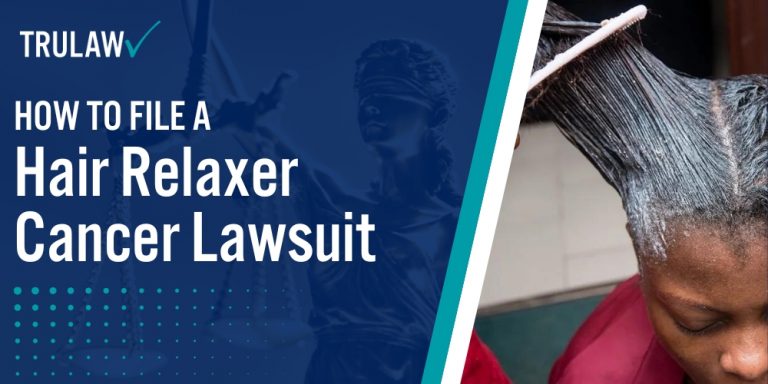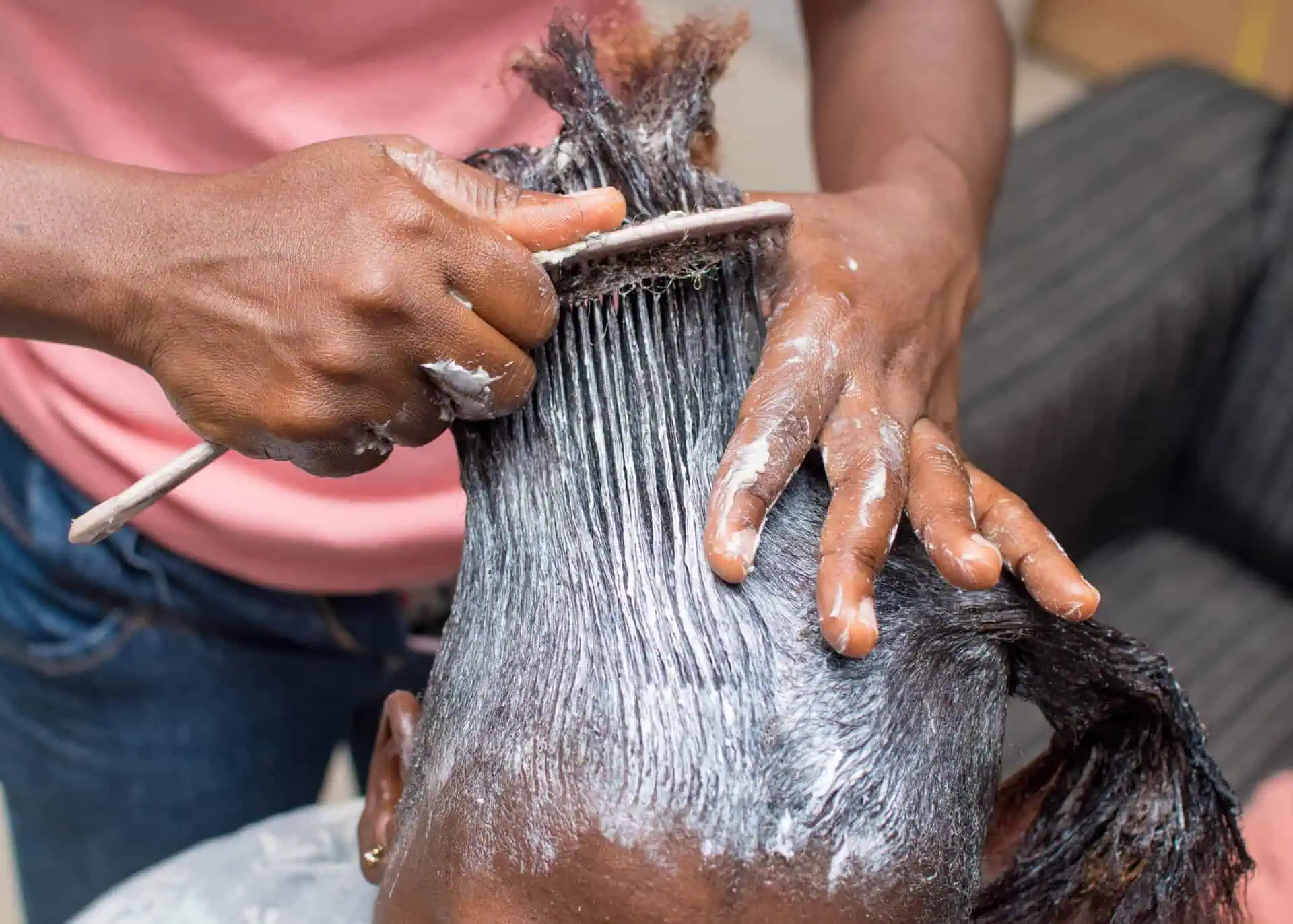The landscape of hair relaxer cancer lawsuits is dominated by claims from thousands of Black women who assert that their diagnoses, including uterine and ovarian cancers, are directly linked to the prolonged use of chemical hair relaxers.
These lawsuits present a critical challenge to companies accused of selling dangerous beauty products without adequate warnings about the health risks associated with their usage, prompting an urgent reevaluation of industry safety standards.
Thousands of Black women claim hair relaxers caused their cancer
Claims are mounting as Black women come forward with serious allegations against hair relaxer products.
They assert that the chemicals within these straighteners have led to a worrying diagnosis of cancer, particularly uterine and breast cancer.
With studies now backing up these concerns, the stage is set for a legal battle that could bring about significant changes in the beauty industry.
Many of these women were diagnosed with uterine cancer after frequent use of hair relaxers, which they believed were safe.
This has not only prompted individual lawsuits but spurred on class action suits where plaintiffs are seeking justice for their suffering and systemic change to protect future generations from similar harm.
The link between hair relaxers and increased risk of cancer is at the forefront of this litigation wave, calling into question longstanding practices surrounding beauty products tailored to Black women’s hair care routines.
Reuters investigations reveal harmful chemicals in hair relaxers
Reuters investigations have brought to light disturbing findings about hair relaxers, frequently used by women who seek permanently straightened hair.
These popular hair products contain toxic chemicals that have been associated with a higher risk of developing uterine and ovarian cancer.
Studies highlight the danger, especially for those who apply these treatments several times a year, emphasizing the need for awareness and caution among consumers.
The use of lye-based hair relaxers has come under scrutiny after links were established between their consistent application and an increased likelihood of ovarian cancer diagnosis.
This connection poses significant concerns as countless individuals rely on such products to manage their textured locks.
The alarm raised by Reuters’ reports emphasizes the urgent need for regulatory oversight and more transparent product labeling in the beauty industry.


